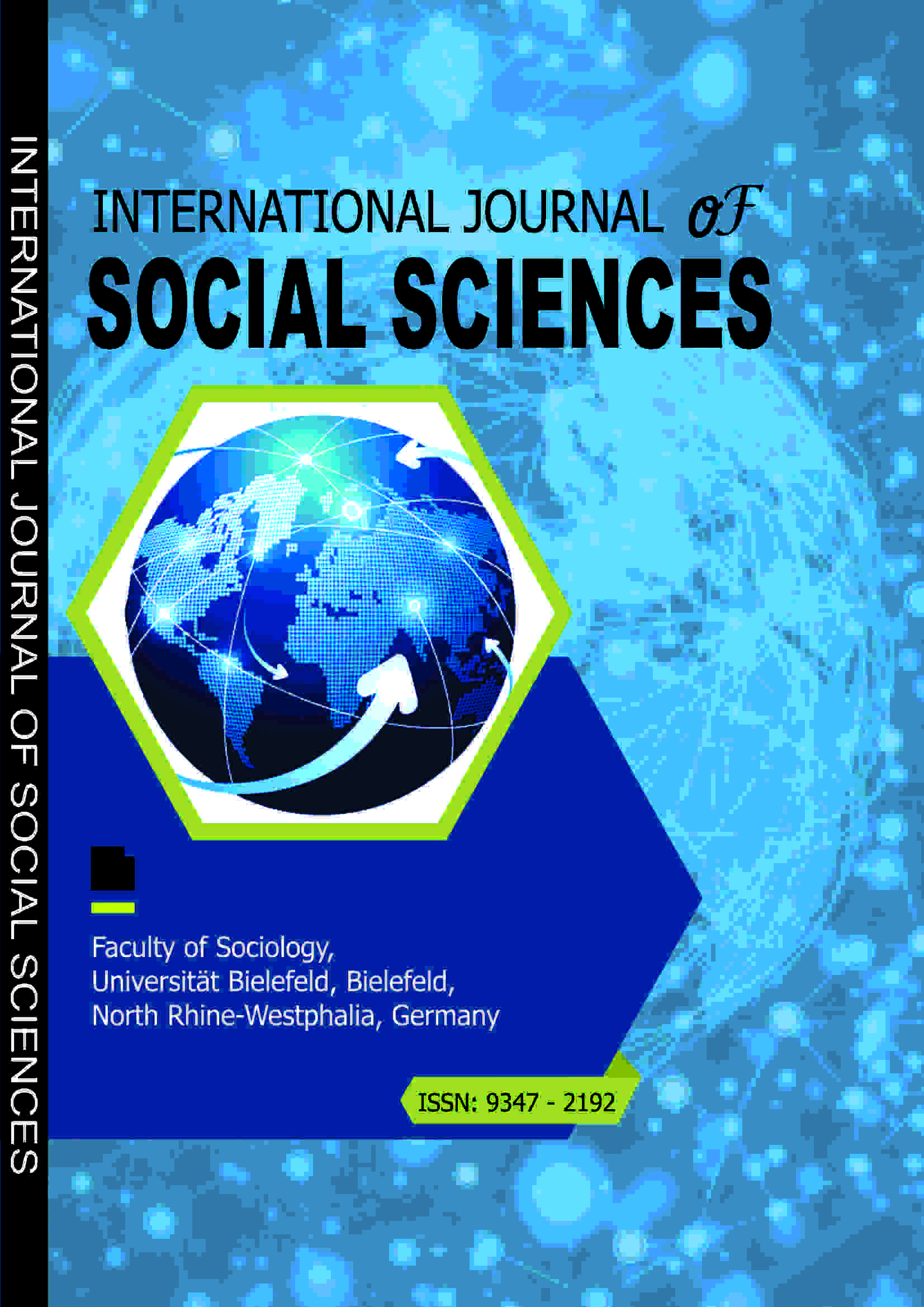INTERNATIONAL JOURNAL OF SOCIAL SCIENCES (IJSS)
Exploring the Mediating Role of Perceived Partner Responsiveness and the Moderation of Trust in the Relationship between Relationship Maintenance Behavior and Marital Quality
E-ISSN: 7885-4322
P-ISSN: 9347-2192
DOI: https://iigdpublishers.com/article/449
Present study intended to explore the role of relationship maintenance behavior on marital quality. Moreover, present study aimed to investigate the moderating role of trust and mediating role of perceived partner responsiveness on the study variables. Through purposive sampling, 592 married individuals both men and women participated in the study. The key instruments utilized in the study were relationship Maintenance Behavior Measure by Stafford and Canary (1991), Trust in Close Relationship Scale (Remple et al., 1985), Perceived Partner Responsiveness Scale (PPRS) developed by Reis et al. (2011), Norton’s Quality of Marriage Index (QMI; Norton, 1983).Correlation analysis was carried out to measure the relationship among studied variable. Moderation was used to examine the moderating role of trust on the studied variables as well as mediation analysis was performed to examine whether perceived partner responsiveness mediates the relationship of studied variables. Study findings revealed a significant positive correlation between relationship maintenance behaviors and marital quality
which suggests that higher levels of relationship maintenance behavior are associated with higher marital quality. Moderation analysis revealed that trust did not moderate the relationship between relationship maintenance behavior and marital quality. Mediation analysis showed indirect effect of relationship maintenance behavior on marital quality through perceived partner responsiveness. Present study highlighted the role of perceived partner responsiveness in dyadic relationships and makes key recommendations for family counselors working with clients in troubled marriages for improving clients' marital quality.
Habiba Shaheen & Samina Rashid
Adair B, Ullenhag A, Keen D, Granlund M, Imms C. (2018). The effect of interventions aimed at improving participation outcomes for children with disabilities: a systematic review. Dev Med Child Neurol; 57: 1093–104.
Alonso-Ferres, M., Imami, L., and Slatcher, R. B. (2020). Untangling the effects of partner responsiveness on health and well-being: the role of perceived control. J. Soc. Pers. Relat. 37, 1150–1171. doi: 10.1177/0265407519884726
Alonso-Ferres, M., Righetti, F., Valor-Segura, I., and Expósito, F. (2021). How power affects emotional communication during relationship conflicts: the role of perceived partner responsiveness. Soc. Psycholog. Person. Sci. 12, 1203–1215. doi: 10.1177/1948550621996496
Atta, M., Adil, A., Shujja, S., & Shakir, S. (2013). Role of trust in marital satisfaction among single and dual-career couples. International Journal of Research Studies in Psychology, 2(4), 53-62.
Canary, D. J., & Dainton, M. A. (2006). Maintaining and repairing personal relationships. In A. L. Vangelisti & D. Perlman (Eds.), The Cambridge handbook of personal relationships (pp. 727-745). Cambridge, England: Cambridge University Press.
